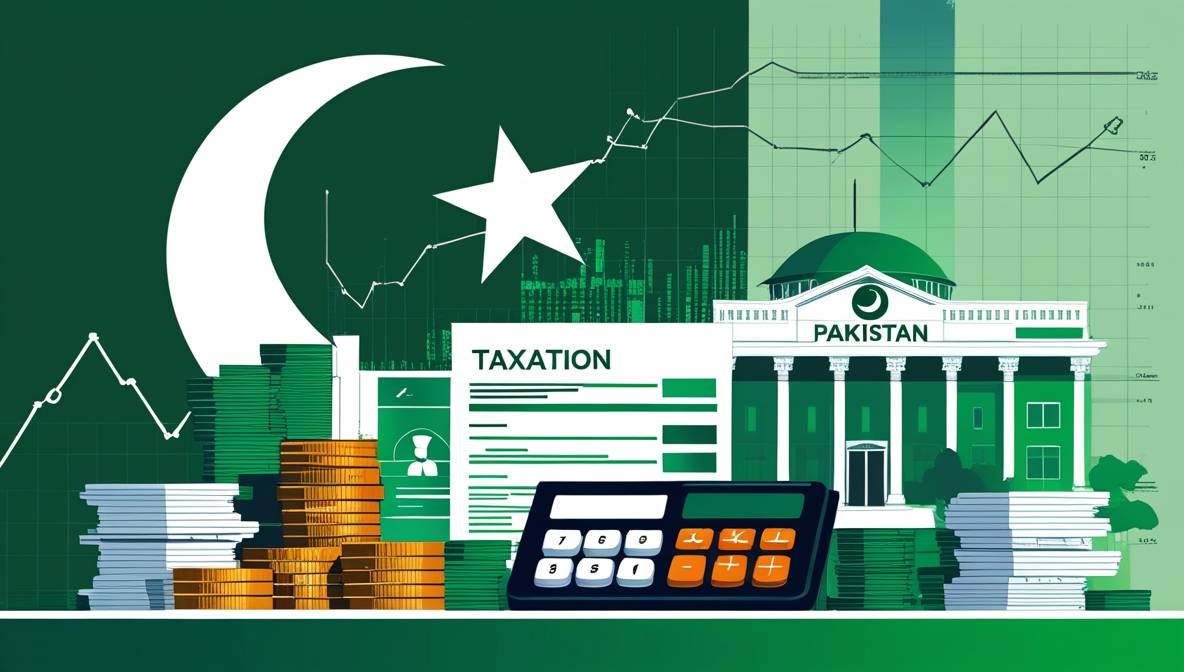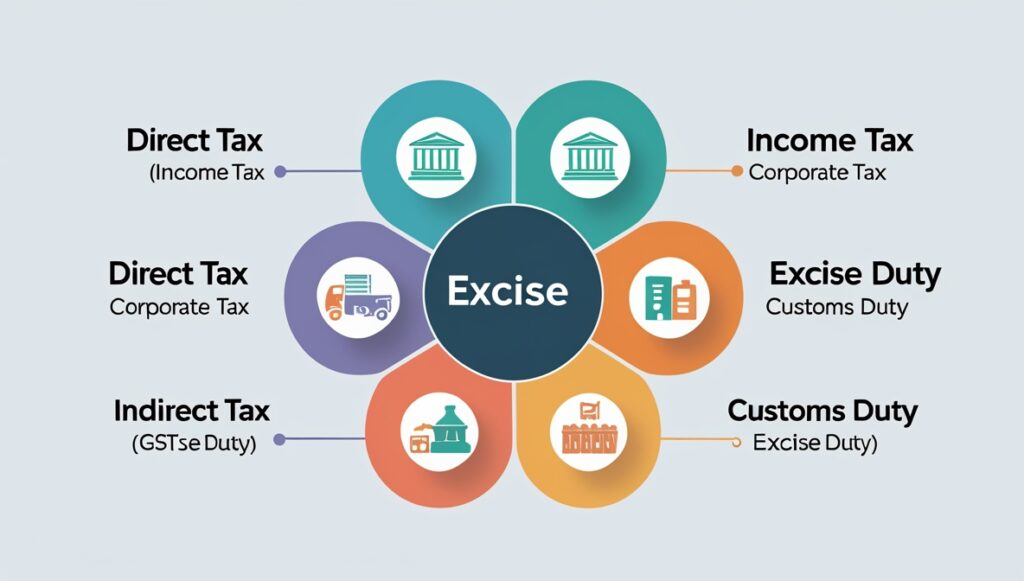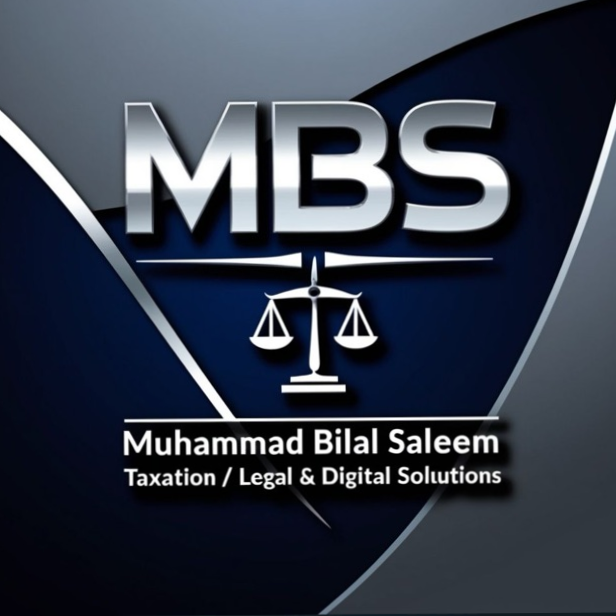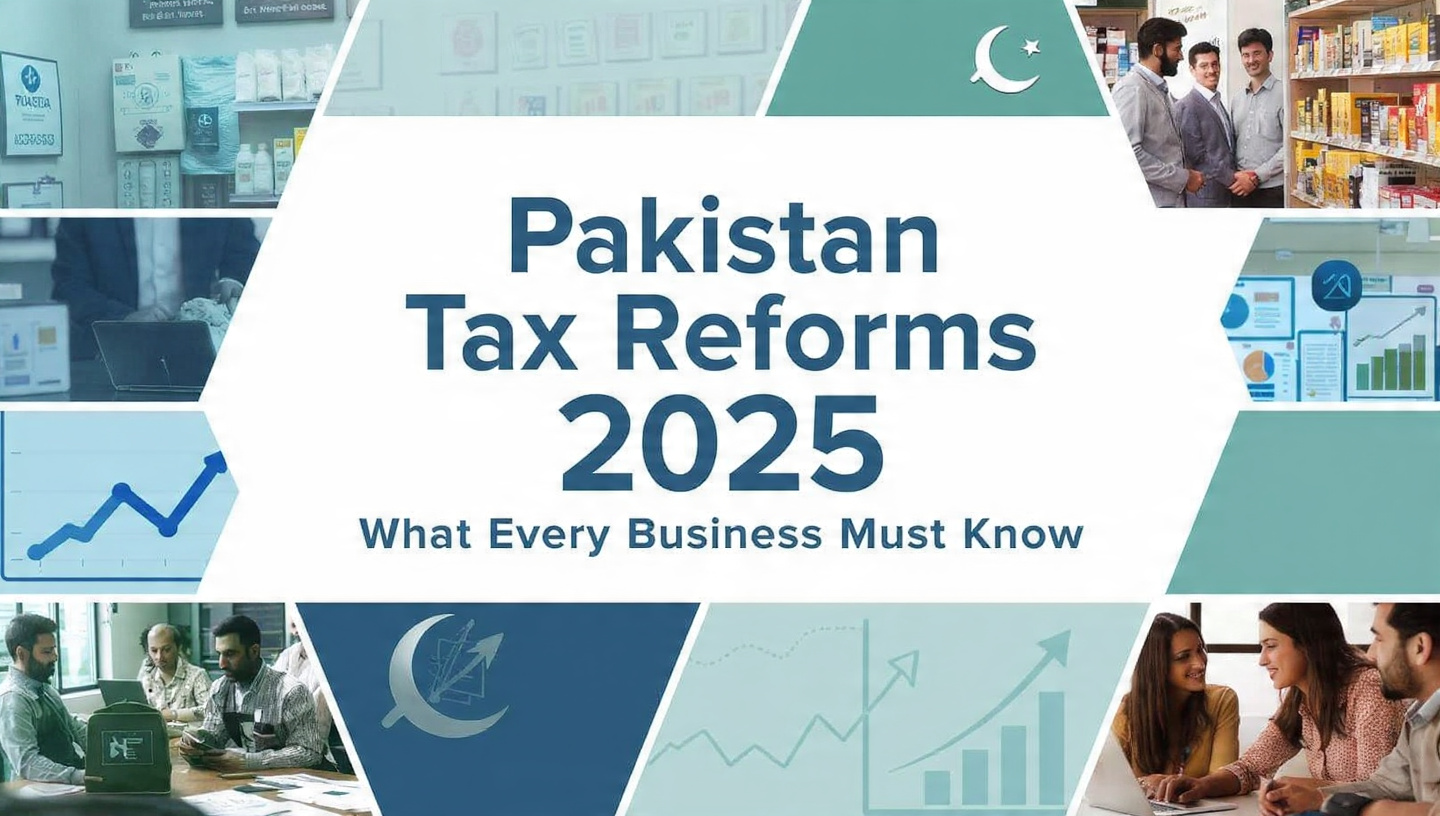
Introduction
Excise and taxation play a very important role in the economy of every country.
Apart from generating government revenue, it also helps in growing the country’s economy.
Every country has its own tax system with the help of which it collects money through direct and indirect taxes.
You can also understand excise tax as an indirect tax which is levied on special goods such as alcohol, tobacco, fuel, and luxury items.
It is not only a way of generating revenue but also helps the government to control the consumption of some harmful or luxury items.
On the other hand, taxation is a concept that is a combination of direct and indirect taxes, which includes income tax, sales tax, VAT, and customs duties.
If the taxation system is good in every country, public services such as (education, healthcare, infrastructure) improve.
If the taxation laws and policies of a country are weak, the economy of that country does not remain stable for long and due to bad taxation policies, the economy of that country starts going down.
In this article, we will discuss in detail about the aspects of excise and taxation, its importance, types, laws, challenges, and modern trends.
This knowledge is important not just for business owners and professionals but for every citizen who wants to understand their financial rights
What is Excise and Taxation?

Excise and taxation play an important role in every country’s economy.
This is a system through which the government collects revenue and then funds public services such as education, healthcare, and infrastructure.
So let’s understand the Indonesian terms properly.
What is Excise?
Excise Tax is a kind of indirect tax that is levied on specific goods and services
This tax is levied on the manufacturing, production or sale of any specific product. And its bill ultimately shifts to the consumer
Excise duty does not only mean generating revenue, but also controlling the consumption of some harmful and luxury items
For example:
- If a company makes alcohol or cigarettes, then excise duty is imposed on it.
- Excise tax is also levied on petrol and diesel, which generates good revenue for the government
What is Taxation?
Taxation is a very broad term which covers direct as well as indirect.
Its purpose is to generate revenue by the government which the government later spends on the development and welfare of its country.
- Direct Taxes: These are those taxes which are directly levied by the government on the income of individuals or businesses.
Like:
- Income Tax – which is levied on the yearly salary of people or the yearly income of businesses.
- Corporate Tax – which companies pay yearly on their earnings.
- Indirect Taxes: These are the taxes which are levied on goods and services by the government, whose bill ultimately goes to the consumer.
Like:
- GST (Goods and Services Tax) – which is levied on every product and service.
- Customs Duty – which is levied on imported goods.
1. Types of Excise and Taxation
Types of Excise and Taxation
Excise and Taxation are different categories which generate revenue for the government in different ways.
A. Types of Excise Duty
- Specific Excise Duty – This tax is levied on fixed amount per unit basis (Example: ₹50 duty fix on one bottle of alcohol)
- Ad Valorem Excise Duty – This tax is levied at a percentage according to the value of the product. (Example: 10% duty, so ₹100 tax on ₹1000 product)
Special Excise Duties:
- Sin Tax – On harmful products like alcohol, tobacco.
- Road & Infrastructure Cess – Petrol, diesel par.
- Luxury Tax – High-end cars, watches, etc.
B. Types of Taxation
1. Direct Taxes
- Income Tax – This is levied on individual’s salary or business income
- Corporate Tax – This tax is levied on the profits of companies.
- Wealth Tax (Abolished) – This tax is first levied on assets.
2. Indirect Taxes
1. GST (Goods and Services Tax) – This tax is levied on sales and services.
2. Customs Duty – This tax is levied on imported and exported goods.
3. Excise Duty – This tax is levied only on selected products like alcohol, petrol, tobacco.
4. Purpose and Importance of Excise and Taxation
- Revenue Generation – Major source of government income, funding education, healthcare, and infrastructure.
- Economic Stability – Helps balance inflation and demand-supply.
- Regulation of Harmful Goods – Discourages excessive consumption of alcohol and tobacco.
- Encouraging Local Production – Imposing customs duty on imports promotes domestic businesses.
5. Excise and Taxation Laws and Regulations

- Excise Laws – Regulate taxes on manufacturing and production (e.g., Central Excise Act).
- GST Laws – A simplified tax structure replacing multiple indirect taxes.
- Income Tax Laws – Ensure individuals and businesses pay their fair share of tax.
- Customs Act – Regulates import-export taxation.
- Penalties for Non-Compliance – Tax evasion leads to fines, interest, and legal actions.
6. Challenges in Excise and Taxation

- Tax Evasion – Many businesses and individuals try to avoid paying taxes illegally.
- Smuggling & Black Market – High excise duties often increase illegal trading.
- Compliance Burden – Complex tax laws make it difficult for businesses to comply.
- Loopholes in Laws – Some people exploit legal gaps to minimize tax liability.
- Corruption – Lack of transparency leads to unethical tax collection practices.
7. Digitalization and Modern Trends in Excise and Taxation
- E-Taxation – Online tax payment systems ensure transparency and efficiency.
- AI & Blockchain – Used for fraud detection and secure transactions.
- Automated GST Billing – Simplifies tax compliance for businesses.
- Global Tax Reforms – Countries are updating tax laws to match international standards.
8. Case Studies and Real-World Examples

- Pakistan’s GST Implementation – Pakistan introduced the General Sales Tax (GST) system, but enforcement remains a challenge.
- Excise Duty on Tobacco in Pakistan – High excise duty was imposed on cigarettes to reduce consumption, but smuggling increased.
- Tax Evasion Cases in Pakistan – Many businesses and individuals were caught using offshore accounts for tax evasion.
- Digital Taxation in Pakistan – New tax policies were introduced for e-commerce and freelancers, but implementation is still weak.
9. Conclusion
Excise and taxation are crucial for any country’s economic growth and public welfare. A well-regulated taxation system ensures economic stability, discourages illegal activities, and promotes development. With digitalization and stricter enforcement, tax compliance and transparency are improving, making the system more efficient.
Contact Us
We’d love to hear from you! Whether you have questions, need guidance, or just want to chat about taxes (yes, it can be fun!), feel free to reach out.
Follow us on social media for updates, tips, and tax humor:
- Facebook: MBS Taxation
- Website : MBS Taxation
- Our Website Contact Form : Click Here
- Whatsapp Number : +923087543324
We’re here to simplify your taxes so you can focus on what matters most—your work, your business, and your life!
What is the Difference Between Excise Duty and General Taxation in Pakistan?
Excise duty is a type of indirect tax imposed on specific goods like alcohol, tobacco, and petroleum products, mainly to regulate consumption and generate revenue. It is charged at the manufacturing or production stage.
On the other hand, general taxation includes both direct and indirect taxes, such as income tax, corporate tax, GST, and customs duties, which apply to individuals, businesses, and transactions across various sectors. While excise duty targets specific goods, general taxation covers a broader range of economic activities.




